Innovators’ Inspiration
Written by Catherine Melillo
This semester, I’ve had the pleasure of joining the Delaware & Lehigh National Heritage Corridor (DLNHC) team as an intern through Lehigh Valley 250, a program honoring America’s 250th anniversary in 2026. In preparation for this historic milestone, several regional cultural institutions are collaborating on a series of inventive exhibitions to commemorate the Lehigh Valley’s role in the history of the nation. With this goal in mind, I have spent the past three months on a mission to uncover the Corridor’s greatest innovators and bring their fascinating stories to light.
Through my research, I have discovered influential figures from nearly every field—from doctors, to architects, to scientists—all of whom lived and worked right here in the five counties. But what’s even more exciting is how the work of so many of these amazing innovators was inspired by the Corridor.
Here are just a few of these remarkable stories.
Carolyn Price Horton, Bookbinder and Conservator
Horton first became interested in bookbinding when her high school English teacher in Easton, Pennsylvania suggested that she bind a story she had written and illustrated. Over her 50-year career, Horton made critical contributions to the field of book and paper conservation, including several ingenious inventions that still carry her name, such as the Horton Press (a small, versatile, portable press), and the Horton Hinge (a hinging technique for reattaching boards).
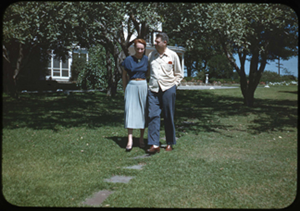
Figure 3 Mr. and Mrs. Hammerstein at their Doylestown, PA Farmhouse
Oscar Hammerstein II, Lyricist and Librettist
Hammerstein’s 1943 masterpiece, Oklahoma! was awarded a Pulitzer Prize in Drama for its transformation of modern musical theatre. The lyrics of its most famous tune, “Oh, What a Beautiful Mornin’” were written as Hammerstein sat on the front porch of his Doylestown, PA farmhouse, appreciating the landscape’s natural beauty.
Dr. Stanley Dudrick, Inventor of Intravenous Feeding
Dr. Dudrick is known as one of the most impactful physicians in the history of medicine, having invented total parenteral nutrition (TPN). As a 6-year-old, Dudrick was so impressed with the compassionate care that his mother received from her doctors in his native Nanticoke, Pennsylvania, he was inspired to become a doctor. To this day, his work has since been credited with saving countless lives.
Santo Loquasto, Costume and Scenic Designer
Loquasto is a world renowned theatrical and film designer with four Tony Award wins and 21 nominations for his work as either costume or scenic designer. Loquasto credits his introduction to theatre to a children’s theatre program in his native Wilkes-Barre, PA. Years later, his first professional job as a designer was at the Showcase Theatre, also in Wilkes-Barre. He was inducted into the Theater Hall of Fame in 2004 and received the Governor’s Award for the Arts in 2006.
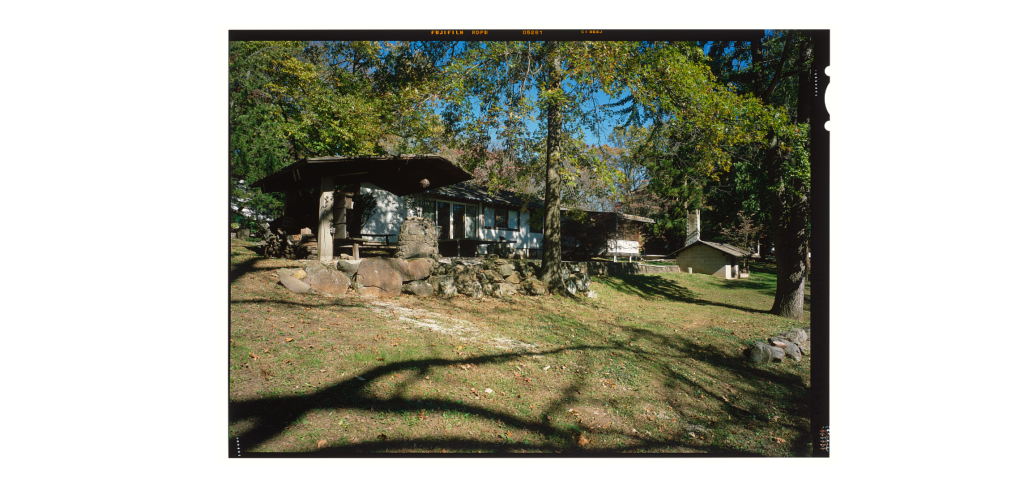
Figure 1 George Nakashima House, New Hope, Bucks County, PA
George Nakashima, Master Woodworker and Designer
After being released from a Japanese internment camp in 1945, Nakashima and his family settled on a beautiful piece of farmland in Bucks County, PA. Nakashima credits the surrounding rolling hills and hardwood forests as the inspiration for his work. Nakashima’s pieces have been displayed in the Museum of Modern Art and many galleries, including the Renwick Gallery in Washington.
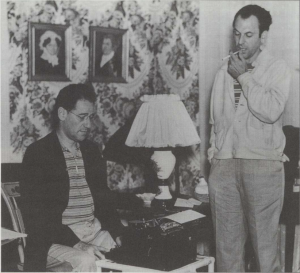
Figure 2 Kaufman (left) and Hart (right) at the Kaufman home in Holicong, PA, at work on The Man Who Came to Dinner (1939)
Karen Bausman, Architect
Bausman is the only American woman to hold design chairs at both the Harvard Graduate School of Design and the Yale School of Architecture. Born and raised in Allentown, PA, a culture she describes as committed to stewarding the natural environment, Bausman credits her designs rooted in nature’s sustainable structures to this upbringing. Bausman’s designs are celebrated for pushing the boundaries of structural and visual innovation.
Kaufman and Hart, Playwrights
The world-renowned playwriting duo, Kaufman and Hart, wrote many of their most famous works from their farmhouses in Holicong, PA. One of their most successful plays, The Man Who Came to Dinner was based on the true story of an overnight visit of Alexander Woolcott at Hart’s Bucks County home. The pair were later awarded the Pulitzer Prize for Drama in 1937 for their play, You Can’t Take It with You.
Edward B. Lewis, Geneticist
Through the study of fruit flies, Lewis discovered that the arrangement of the genes in the DNA strand mimic the arrangement of the body segments, a concept known as the Colinearity Principle. Lewis’s start with Drosophila began in high school, thanks to the support and encouragement of his biology teacher in Wilkes-Barre, PA. Lewis used the Biology Club’s treasury to order Drosophila cultures and began his first ever experiments in the high school biology lab. He was awarded the 1995 Nobel Prize in Physiology or Medicine for this work.
Image Sources
O’Malley, M. J. (2000). Broadway Takes a Bow in Bucks County: A Conversation with Kitty Carlisle Hart and Anne Kaufman Schneider. Pennsylvania Heritage, 26(4), 22–31.
Rutherford, M. (n.d.). Mr & Mrs Oscar Hammerstein. photograph, Doylestown, PA. Retrieved April 9, 2024, from the Mercer Museum Research Library, http://7034.sydneyplus.com/archive/final/ViewImage.aspx?template=LINK&field=BigZoom&hash=56f57d0926b604262d448c3abc564342&width=max&height=max&r=1569810390&lang=en-US.
Historic American Buildings Survey, Rosenthal, J. W., photographer. George Nakashima
House. Bucks County, PA. Documentation Compiled After 1933. [Photograph]
Retrieved from the Library of Congress, https://www.loc.gov/item/pa4112/.
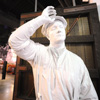
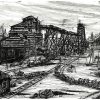
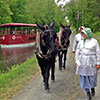






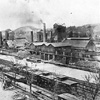
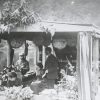
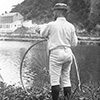
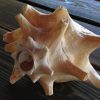

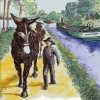
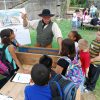
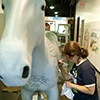
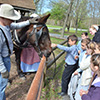

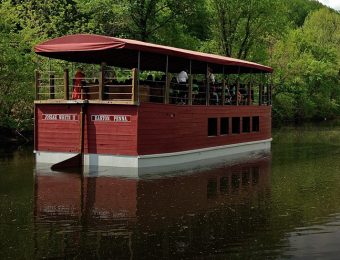
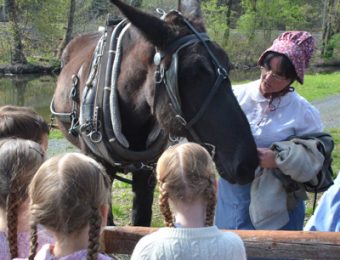

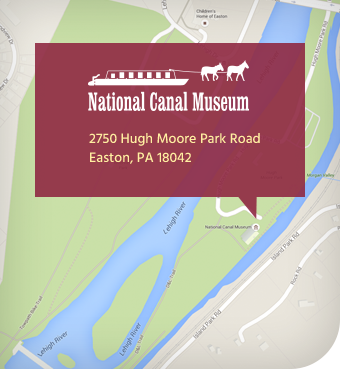
Join the Conversation!